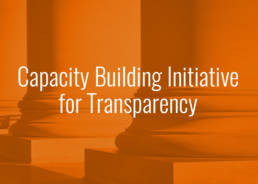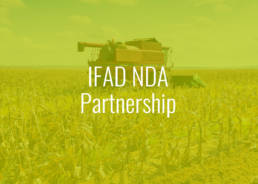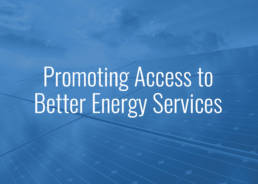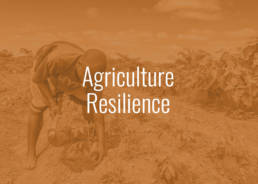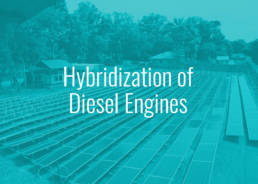IFAD NDA Partnership for Climate Resilient and low emission smallholder agriculture in Africa
Following the second Structured Dialogue of the GCF with Africa, IFAD in partnership with ASCENT launched the NDA Partnership in Agriculture. This strategic partnership aims to enhance the cooperation between IFAD, an accredited entity, and NDAs as so that NDAs sitting in a ministry different from the Ministry of Agriculture better understand IFAD works on Adaptation; have a better understanding of the challenges and opportunities in smallholder farming and engage with IFAD when it comes to climate and environmental resource mobilisation GCF, GEF, AF…) in order to convert the Nationally Determined Contributions and their implementation plans and strategies into concretes actions at country, regional and global level.
ASCENT as an implementing partner will coordinate and manage the activities, and where necessary work with external experts and current partners with solid experience in value chain development for sector transformation, climate finance, farmer aggregation (cooperative movement), value-addition, climate resilient agriculture and financing model. All direct activities under this project will be completed before end of Q4 of 2019 with monitoring and pipeline development continuing over 6 additional months as ASCENT’s primary work of strengthening country capacities for sustainable development.
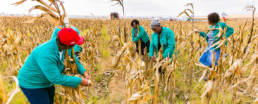
〰
Context & Background
Agriculture remains a major source of income in Africa. However, untapped potential has resulted in persistent poverty and deteriorating food security. Smallholder agriculture remains the lifeblood of African economies with more than 65% (80% in some countries) of the population being 100% dependent on smallholder farming as their source of livelihoods from 33 million small farms. It therefore remains subsistence hence no clear business model.
Smallholder farmers are, in effect, deeply vulnerable to climate and economic shocks. Consequently, the sector fails to attract investments which then either keeps the vulnerability to climate change the same or worsens it. The need to transform this crucial sector is not only important but it is also urgent, it is often neglected by design or by default.
Smallholder farmers therefore lack access to inputs, proper extension services, credit and markets that would enable them increase production. Further, the development of policies, knowledge and programmes often excludes smallholder farmers, especially women who produce over 70% of all the food in Africa. While international mechanism such as the Green Climate Fund, the GEF, the AF offers opportunities and resources to catalyse the transformation of this sector, countries still miss the opportunity to leverage more climate and environmental finance on their development projects/ Programs where environmental and climate rationale is evident and require additional climate and environmental financing. The environment and climate finance landscape provide a large spectrum of opportunities for countries and require integrated approached between various sectors especially the ministry of environment, the ministry of agriculture and the ministry of economy and finance.
A carbon tax and cap and trade system have for goal to reduce greenhouse gas emissions, but how do governments use them in reality? How does the concept fit in the African context?
Objective
The objective of this partnership aims to enhance the cooperation between IFAD accredited entity for the GCF/GEF/AF, and NDAs/FPs as so that NDAs/FPs sitting in a ministry different from the Ministry of Agriculture to better understand IFAD work and endorse IFAD on all investments related to climate resilient and low carbon emission agriculture. This partnership will contribute in aligning IFAD work Program in Africa with Countries’ Work Programs in the area of Agriculture, endorsed by the NDAs and to be financed by the GCF.
For this first edition of the NDA partnership of 2019 is mainly dedicated to the GCF. The project will strengthen institutional relationships between IFAD and the GCF NDAs; national climate committees from member countries to realise international climate commitments in the agricultural sector.
Component 1.: Support IFAD Programming alignment on Country Work Programs for the GCF
Component 2.: Strengthen institutional relationships between IFAD and NDA and national committees of the GCF
Through this platform, IFAD will expand the dialogue with the Regional Economic Communities (RECs) and associated relevant regional institutions involved in climate change policy, research and finance that supports the overarching goal of this project – to develop also regional and continental Programs/ Strategies on climate resilient and sustainable agriculture.
More Projects

